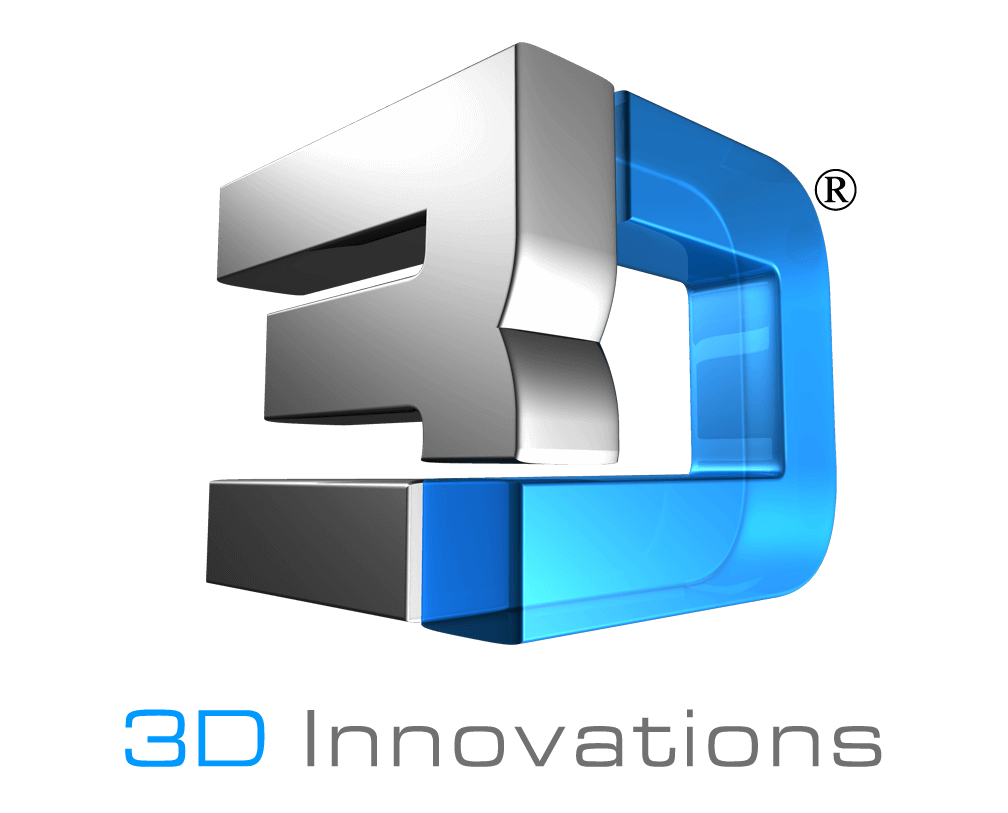 Failure is hard and certainly no one goes into building a startup thinking that they are going to fail—however, it happens. While failing is in no way enjoyable, that doesn’t mean that it does not have its benefits—in terms of learning what not to do. We can all learn from failure, we can even learn from other startup’s failures. Below are four areas where hardware startups have faltered. Making yourself aware of the challenges associated with each of these areas, you are more likely to make educated decisions that (hopefully) allow you to avoid failure altogether.
Failure is hard and certainly no one goes into building a startup thinking that they are going to fail—however, it happens. While failing is in no way enjoyable, that doesn’t mean that it does not have its benefits—in terms of learning what not to do. We can all learn from failure, we can even learn from other startup’s failures. Below are four areas where hardware startups have faltered. Making yourself aware of the challenges associated with each of these areas, you are more likely to make educated decisions that (hopefully) allow you to avoid failure altogether.
Wrong Design
Entrepreneurs are designers at heart—they want to design a product, methodology or experience for their target market. They have a brilliant idea and want to introduce it into the marketplace. Design failure can arise rather quickly if the startup founder is not willing to modify their original design idea to meet the needs of customers or manufacturing.
If your customers are asking for your product to function a certain way, feel a particular way or look a specific way, you are going to want to modify your design. At the end of the day, you want people to both purchase and enjoy your product.
When you are working towards commercialization of a product, the goal is to be efficient, minimize costs and get your product onto store shelves quickly—DFM (Design for Manufacturability) works to do just this. With DFM you work out any potential issues before manufacturing planning which saves both time and resources. If you fail to design your product with manufacturing in mind, you are making your startup extremely vulnerable to hefty manufacturing costs and even the potential that it is not able to be manufactured at all.
Reluctance to Get Prototype Feedback
Plenty of hardware startup founders refuse to let anyone see their product until it’s time to launch. Many are afraid that someone will steal their idea, that potential customers won’t like it until it’s perfect, or they want to get a big head start against the competition. Whatever the reason, failure to get feedback is often fatal for a startup.
Feedback is critical during product development. You aren’t going to know if you are on the right track without feedback from your target market. You are going to want people in your target market to test your product (not just family and friends). It is helpful to get feedback that is both honest and actionable. By creating an inexpensive prototype, and gathering feedback from it, you will be in a much better position as you build your product. This feedback loop is important until the final design is ready.
Product/Market Fit
It doesn’t help your startup if you have a beautiful product that works flawlessly if the market for it just isn’t there. For example, if you are positioning an electronic gadget for the 65+ year old crowd you are going to have a hard sell if they are not well versed in the latest technology trends, or if you are targeting the 18-25 year old crowd with a gadget that is overly cumbersome you are going to face an uphill battle. The solution to this is to find out what appeals to the target market you are aiming to capture and design/modify your product to grab and hold their attention.
Funding
This list would not be complete without the mention of funding. Funding is the primary stumbling block for a majority of startups. Developing, manufacturing and launching a product takes time and money. Whether you are turning to crowdfunding or looking for investors, you are bound to face a hurdle or two.
If your goal is to raise capital from investors, be prepared for rejection (a number of times) before you succeed. The process almost always takes longer than you think it will, so start early in your quest to find an investor.
If crowdfunding is your plan, be sure that you show up with a nearly flawless campaign. Your video, content and prototype need to be ready to go. Your goal is to show potential investors that you have a plan laid out, it is well researched and that you are ready.
Starting a hardware company comes with a unique set of challenges. If you can navigate these four common roadblocks, you will be in a much better position for a successful product launch.
_______
3D Innovations is a Product Development Company – from the 3D Design to a fully functional 3D Prototype & Product.
Subscribe to the 3D Innovations newsletter on our Facebook page!

